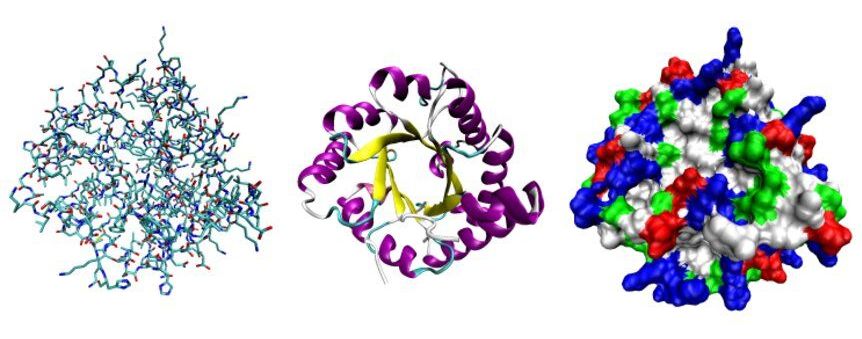China’s going all in on deep learning. The Beijing Academy of Artificial Intelligence (BAAI) recently released details concerning its “Wu Dao” AI system – and there’s a lot to unpack here.
Up front: Wu Dao is a multi-modal AI system. That means it can do a bunch of different things. It can generate text, audio, and images, and, according to Engadget, it can even “power virtual idols.”
The reason for all the hullabaloo surrounding Wu Dao involves its size. This AI model is huge. It was trained using a whopping 1.75 trillion parameters. For comparison, OpenAI’s biggest model, GPT-3, was trained with just 175 billion.








